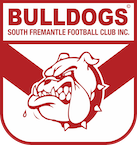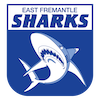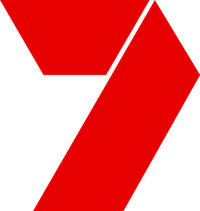Select grade below
- Round 2Sat, 12 Apr 20251:45 PM
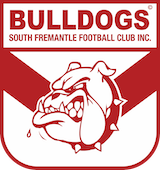 VS
VS Fremantle Community Bank Oval
Fremantle Community Bank Oval - Round 3Sat, 19 Apr 20252:30 PM
 VS
VS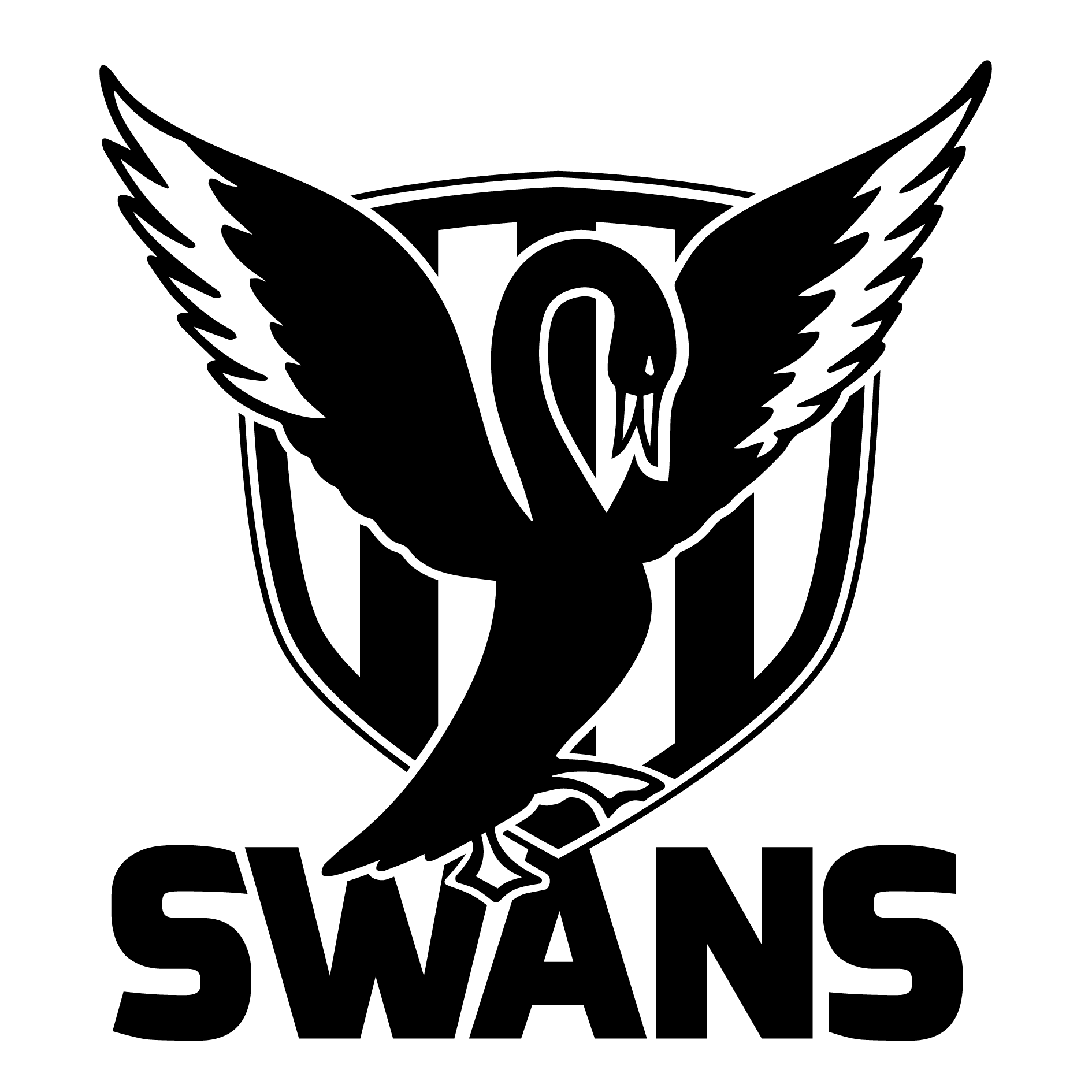 Fremantle Community Bank Oval
Fremantle Community Bank Oval - Round 4Fri, 25 Apr 20252:10 PM
 VS
VS Joondalup Arena
Joondalup Arena - Round 5Sat, 3 May 20251:40 PM
 VS
VS Fremantle Community Bank Oval
Fremantle Community Bank Oval - Round 6Sat, 10 May 20252:30 PM
 VS
VS Revo Fitness Stadium
Revo Fitness Stadium - Round 7Sat, 24 May 20252:30 PM
 VS
VS Fremantle Community Bank Oval
Fremantle Community Bank Oval - Round 8Mon, 2 Jun 20251:10 PM
 VS
VS Fremantle Community Bank Oval
Fremantle Community Bank Oval - Round 10Sat, 14 Jun 20252:30 PM
 VS
VS Fremantle Community Bank Oval
Fremantle Community Bank Oval - Round 11Sat, 21 Jun 20252:30 PM
 VS
VS Lane Group Stadium
Lane Group Stadium - Round 12Sat, 28 Jun 20252:30 PM
 VS
VS Fremantle Community Bank Oval
Fremantle Community Bank Oval - Round 13Sat, 5 Jul 20251:45 PM
 VS
VS Fremantle Community Bank Oval
Fremantle Community Bank Oval - Round 14Sat, 12 Jul 20252:30 PM
 VS
VS Steel Blue Oval
Steel Blue Oval - Round 16Sat, 26 Jul 20252:10 PM
 VS
VS Sullivan Logistics Stadium
Sullivan Logistics Stadium - Round 17Sat, 2 Aug 20251:40 PM
 VS
VS Fremantle Community Bank Oval
Fremantle Community Bank Oval - Round 18Sat, 9 Aug 20252:30 PM
 VS
VS Sullivan Logistics Stadium
Sullivan Logistics Stadium - Round 19Sat, 16 Aug 20252:30 PM
 VS
VS Fremantle Community Bank Oval
Fremantle Community Bank Oval - Round 20Sat, 23 Aug 202511:10 AM
 VS
VS Mineral Resources Park
Mineral Resources Park
COUNTDOWN TO DARWIN | BIG BASIL

BASIL TAKES NO PRISONERS
Extract from Bulldogs Unleashed | South Fremantle 1960-2020
Basil Campbell was revered by team-mates and feared by opponents in equal measure during his seven-year reign of terror across South Fremantle’s half forward-line in his 102 games from 1975 to 1981. Basil’s wide beaming smile masked a physical game that launched brutal raids on opposition defenders. Moving to Perth from Darwin with Maurice Rioli in 1975 to join the flow of talented Aboriginal players to South Fremantle that had started with Sebastian Rioli, Basil was one mean hombre.
But off the field, Campbell wasn’t as hard as a boab tree. And it was his soft heart, against a backdrop of racial abuse, that resulted in him eventually moving from Darwin to Perth after three years in Melbourne from 1971-73. Like Sebastian Rioli, Campbell had boarded at Monivae College in Hamilton – about 290km from Melbourne and in Collingwood’s recruiting zone – in the early 70s, and represented the school in the Sunkick schoolboys long-kicking competition at the MCG during the half-time break of the Reserves grand final in 1971.
According to the records of Collingwood historian Michael Roberts, Campbell first appeared at the club in April, 1973 when he played seven games in the Collingwood under-19s, as well as four Reserves games. But Campbell was apparently under pressure from his girlfriend in Darwin to return to the Territory, and the man who would eventually go on to strike terror into the hearts of opponents in WA, followed his own heart and left Melbourne to join South Fremantle in 1975.
Campbell claims that just before he damaged a hamstring at training one night midway through the 1973 season he was told by coach Bob Rose that he was on the cusp of his League debut. “I took off and went home to Darwin,” Campbell said. “I told Collingwood that I had to go home because my sister was bitten by a snake. I shouldn’t have used that as an excuse, but I did.” He never returned to Victoria. Campbell’s sister wasn’t bitten by a snake, the big bloke was smitten by his girlfriend but he also left Collingwood because of the racial abuse he copped while with the Pies. “We copped a bit over here but nothing like I did over there,” Campbell said. “I was the only Aboriginal on Collingwood’s list.”
Richard Woodgate, a long-serving South Fremantle official, was the man most responsible for recruiting Northern Territory talent for the Bulldogs, and he also played a leading role in getting Campbell to Fremantle. It wasn’t without some financial burden though because Collingwood demanded a $1500 transfer fee for Campbell, a brazen move given that the big forward had not played a League game. Woodgate raised most of the transfer fee ($1300) when he passed around the hat among Souths’ supporters to satisfy Collingwood’s demands.
Souths weren’t flush with recruiting funds that year after previously paying transfer fees for 105-game South Melbourne rover Haydn McAuliffe, who managed 21 games for the Bulldogs from 1974-75 and Pat Murphy, who played one game with St Kilda in 1966, was limited to 10 games with Souths in 1974. Campbell started his League career at the Bulldogs at a full-on gallop after breaking into the side in Round 10 against East Perth. The boisterous forward enjoyed seven victories on the trot while personally contributing 19 goals.
A bulky red and white helmet became synonymous with Basil Campbell during the last few years of his 102-game career for the Bulldogs. Years later the helmet was returned to Campbell in Darwin, and while it didn’t fit as well, Basil was happy to get it back.
Alongside Maurice and Sebastian Rioli, Campbell played in the 1975 grand final when Souths crashed to a 104-point defeat to West Perth. “We were flogged brother,” was all Campbell wanted to say about the game. It doesn’t help that Lyndsay McGuinness, who played for the Cardinals in the grand final, is a regular drinking mate of Campbell’s in Darwin. As his fan base grew rapidly among South Fremantle fans, opposition supporters saw Campbell as the ultimate villain because of his often full-blooded approach to the game. But Campbell often got as good as he gave in his 102-game career. In a Round 15 game against Perth at Lathlain Park in 1979 his skull was cracked after being elbowed in the head. He missed the remainder of the season which included the derby grand final.
He returned to the field in 1980 and recruit Neil Randall, a clever half-forward who had moved from Subiaco to the Bulldogs the same year, was an early beneficiary of Campbell’s no-nonsense style of play. “In my very first game in 1980, Basil cleared a pack with his sheer force and I walked through it and kicked a goal,” Randall said. “I thought how good is this. “He was brilliant, he might have only got 10 kicks in a game or 10 touches but he still had a huge influence because he would bring other players into the game. “And all the time, he hardly said a word on the field, just smiled like an assassin. For me, it was a half-forward’s dream come true to play alongside Basil. And I know I speak for a lot of other blokes.” Campbell was everybody’s friend this side of the border when he played his one and only State match – the State-of-origin clash against Victoria at Subiaco Oval in 1977.
A lot of fans at the game that day would have booed Basil throughout the year, but when he decked Victorian enforcer Don Scott on the northern wing, everybody jumped aboard the Campbell bandwagon. Perhaps the most replayed video vision of Campbell was in the 1981 grand final against Claremont, following the Bulldogs convincing premiership victory against Swan Districts the year before. Seconds after the start, Claremont ruckman-defender Barry Beecroft took a defensive chest mark as Campbell cannoned into him, a split-second late. It sparked an all-in brawl as players from all sections of the ground charged in to fly the flag. Campbell reckons it was a glancing body blow rather than a full-on assault. “I think he ran into me,” Campbell said with a laugh. “There was only a split second in it and if I really wanted to take him out I could have taken him out completely, but I didn’t.” Beecroft, Claremont’s best player in the second semi-final victory over Swan Districts, doesn’t remember the incident fondly, but he remembers it.
Years later he compared a physical battering he took in his VFL debut for South Melbourne from Collingwood champion Len Thompson as” a gruelling initiation”, but nothing compared to the clash with Campbell. “Just after the opening bounce down the ball came down, I took the mark going backwards as Basil was running forward,” he recalled. “That’s when the lights went out. “I thought I’d been carted off straight away until I saw a video of the game. I was out there for about twenty minutes playing on remote and got a few possessions, too!” Campbell lists his on-field battles with Swan Districts mean man Ron Boucher as how he enjoyed playing the game. “Ron Boucher’s a good friend but back then we smashed each other. We enjoyed it. I have no regrets brother,” he said. “South Fremantle was my club and I loved them for my time".





